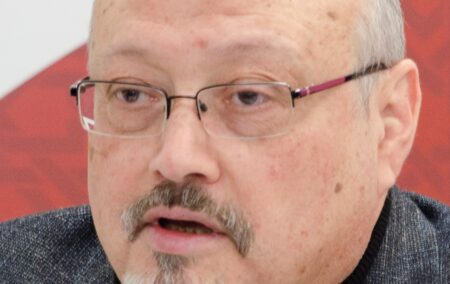Twenty Saudi nationals have gone on trial in absentia in Turkey over the murder of journalist Jamal Khashoggi, who was killed in the Saudi kingdom’s consulate in Istanbul in October 2018.
The then 59-year-old Washington Post columnist had entered the consulate to obtain papers needed for his planned marriage to fiancee Hatice Cengiz, who had waited for him outside.
He never re-appeared. Turkish officials say Khashoggi’s body was dismembered by the killers. His remains have yet to be found.
Those being tried in absentia in the trial launched yesterday include two former top aides to Saudi Arabia’s powerful Crown Prince Mohammed bin Salman.
The BBC reported that Khashoggi was a vocal critic of the prince. It noted that Saudi Arabia carried out a separate trial over the killing that was heavily criticised as incomplete. In December, a court in Saudi Arabia sentenced five people to death and three to jail for Khashoggi’s killing, but the trial was held in secret, and the defendants were not named.
The Saudi authorities had initially denied any involvement in the case, but later called it a ‘rogue operation’.
The new trial in Istanbul follows an international outcry over the murder.
Turkish prosecutors accuse the former deputy head of Saudi intelligence, Ahmed al-Asiri, and the royal court’s media adviser Saud al-Qahtani of having led the operation and instructed a Saudi hit team.
The other 18 defendants are accused of having suffocated Khashoggi.
Cengiz attended the first day of the trial alongside the UN Special Rapporteur on extrajudicial executions, Agnes Callamard, who, according to AFP news agency, has directly linked the crown prince to the killing.
Callamard said Khashoggi was ‘the victim of a deliberate, premeditated execution, an extrajudicial killing for which the state of Saudi Arabia is responsible’.
The BBC said Cengiz hoped the trial would reveal significant new evidence and finally reveal what happened to Khashoggi’s remains.

